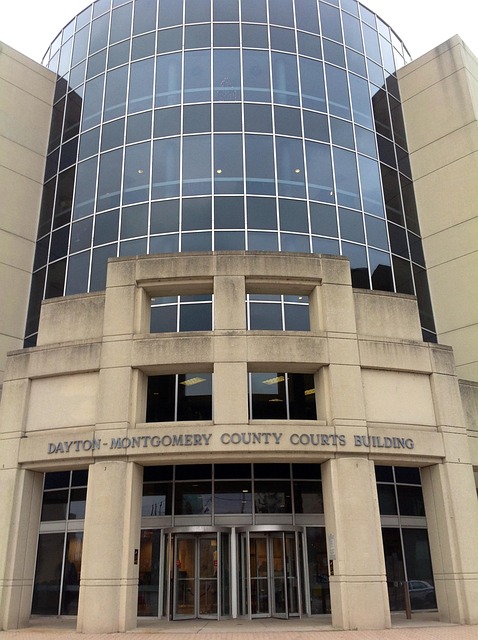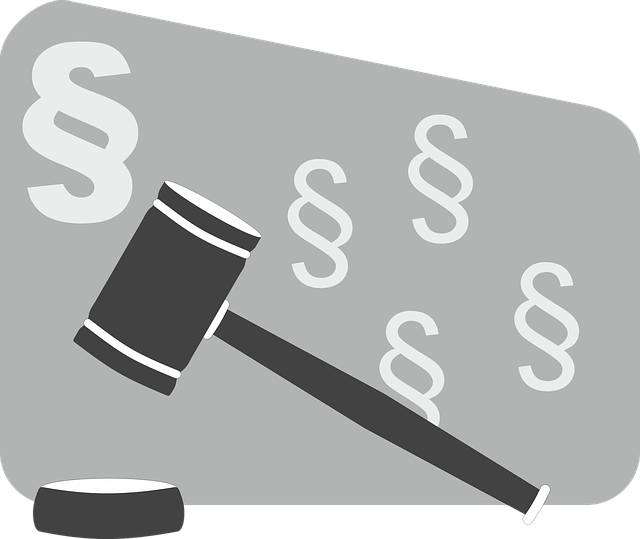– Complex Regulatory Environment: The healthcare industry faces complex regulatory challenges that demand specialized legal knowledge.
– Multidisciplinary Approach: Effective investigations require a combination of legal expertise and financial acumen.
– Key Components: Identify potential violations, investigate, file complaints, preliminary reviews, litigation, and court arguments for dismissal or fines.
– Consequences: Outcomes range from complete dismissal to substantial penalties and media attention.
– Public Perception: The process influences public perception and policy changes related to healthcare regulations.
– Evidence Handling: Strict standards for admissibility require robust protocols for evidence preservation and integrity.
Corporate Crime Investigations delve into complex cases where businesses deviate from ethical and legal boundaries. In today’s digital era, understanding the rise of corporate crime necessitates a closer look at specific sectors, such as healthcare—known for its unique regulatory landscape. This article explores critical aspects, including the scope of corporate crime, healthcare-specific challenges, and the litigation process. By understanding these elements, businesses can navigate regulations more effectively, implement robust preventative measures, and safeguard patients through a comprehensive grasp of the understanding healthcare regulatory litigation process.
- The Rise of Corporate Crime: Uncovering the Scope
- Healthcare Industry: A Unique Regulatory Landscape
- Litigation Process – Step-by-Step Guide
- Evidence Handling and Legal Considerations
- Preventative Measures: Safeguarding Businesses and Patients
The Rise of Corporate Crime: Uncovering the Scope

In recent years, the landscape of corporate crime has evolved significantly, necessitating a deeper understanding of the complex web of regulations and their enforcement. The rise in white-collar crimes, particularly within healthcare sectors, has brought the need for meticulous investigations to the forefront. As these offenses often involve intricate financial schemes and subtle violations, they demand a nuanced approach, especially when navigating the intricate Healthcare Regulatory Litigation Process. This shift has prompted organizations to fortify their internal controls and risk management strategies while also emphasizing robust general criminal defense mechanisms.
The scope of corporate crime extends far beyond traditional criminal activities, encompassing fraud, corruption, and breach of fiduciary duty. These offenses often span across various sectors, impacting not only businesses but also the wider philanthropic and political communities. Uncovering these schemes requires a multidisciplinary approach, combining legal expertise in white-collar defense with financial acumen to decipher complex transactions. By understanding the underlying drivers and implications, investigators can develop more effective strategies to prevent and mitigate such crimes, ensuring the integrity of corporate practices and fostering public trust.
Healthcare Industry: A Unique Regulatory Landscape

The healthcare industry operates within a uniquely complex regulatory landscape, demanding a sophisticated understanding of Healthcare Regulatory Litigation Process. Unlike general criminal defense cases, which often focus on specific criminal codes, healthcare investigations navigate a web of federal and state laws, industry-specific guidelines, and ethical considerations. This intricate environment is driven by the sensitive nature of patient data and the potential for significant financial implications in high-stakes cases.
The regulatory landscape further complicates matters, as authorities scrutinize not only illegal activities but also adherence to reporting, privacy, and quality-of-care standards. The outcome can be far-reaching: a complete dismissal of all charges or substantial fines and reputational damage. This makes effective legal representation crucial, particularly in navigating the specific challenges posed by healthcare investigations, which often attract significant media attention and have profound impacts on institutions and their leadership.
Litigation Process – Step-by-Step Guide

The Understanding Healthcare Regulatory Litigation Process is a complex yet critical step in addressing corporate crime within the healthcare sector. It involves a series of meticulously structured stages designed to uncover misconduct, ensure accountability, and provide justice. The process begins with identifying potential violations through internal audits or external reports, followed by a thorough investigation conducted by legal experts and regulatory bodies. This phase includes gathering evidence, interviewing witnesses, and analysing documents to build a robust case.
Once the investigation is complete, the next step is filing a complaint with the relevant regulatory authority. This document outlines the alleged violations, supporting evidence, and requested remedies. After the complaint is submitted, a preliminary review is conducted to assess its merit. If the case proceeds, it enters the litigation phase where both parties present their arguments in court. The goal is to achieve a complete dismissal of all charges if the defendant’s actions are found to be within regulatory guidelines or demonstrate mitigating circumstances. Throughout this process, the involvement of philanthropic and political communities across the country can influence public perception and policy changes related to healthcare regulations.
Evidence Handling and Legal Considerations

In Corporate Crime Investigations, evidence handling plays a pivotal role in ensuring justice is served. The understanding of healthcare regulatory litigation process is crucial here, as many corporate crimes involve intricate financial and medical records. Every piece of evidence, from digital forensics to physical documents, must be handled with utmost care to maintain its integrity. This includes proper chain-of-custody protocols to avoid manipulation or tampering, which could significantly impact the case’s outcome. Legal considerations, such as the admissibility of evidence under various jurisdictions’ laws, are also paramount. An unprecedented track record of successful investigations is often a testament to an investigative team’s meticulousness in managing and preserving evidence, thereby enhancing their ability to navigate complex legal landscapes and avoid indictment for corporate and individual clients.
The process involves navigating a labyrinthine series of rules designed to protect both the rights of the accused and the integrity of the investigation. This includes balancing the need for swift action with the requirement to gather and present robust evidence. Effective handling of evidence not only ensures the accuracy of the investigation but also fosters public trust in the justice system. By adhering to these protocols, investigative bodies can boast an impressive record, demonstrating their proficiency in managing high-stakes cases while upholding the rule of law.
Preventative Measures: Safeguarding Businesses and Patients

Preventative Measures: Safeguarding Businesses and Patients
Healthcare regulatory compliance is a crucial aspect of risk management for medical institutions. To avoid costly legal battles, such as those involving healthcare fraud and abuse, organizations must proactively implement robust internal controls. This includes establishing clear policies and procedures that adhere to industry standards and federal regulations like HIPAA (Health Insurance Portability and Accountability Act). Regular training sessions for employees at all levels ensure everyone understands their role in maintaining compliance, fostering a culture of ethical conduct.
Implementing strong internal audits, independent reviews, and transparent communication channels further strengthen preventative measures. By staying current with evolving legal landscapes and industry best practices, healthcare providers can minimize the risk of non-compliance, potential indictments, and civil penalties. Ultimately, these proactive steps not only protect businesses but also uphold the highest standards of patient care and trust.
Corporate crime investigations are complex endeavors, especially within highly regulated industries like healthcare. As highlighted in this article, understanding the rise of corporate crime requires a deep dive into unique regulatory landscapes, such as those governing healthcare. Mastering the litigation process, evidence handling, and legal considerations is key to effective investigations. By implementing preventative measures, businesses and patients can be better safeguarded against malicious practices. Ultimately, a holistic approach that combines knowledge of regulations, litigation procedures, and risk mitigation strategies is essential for navigating this intricate domain.






